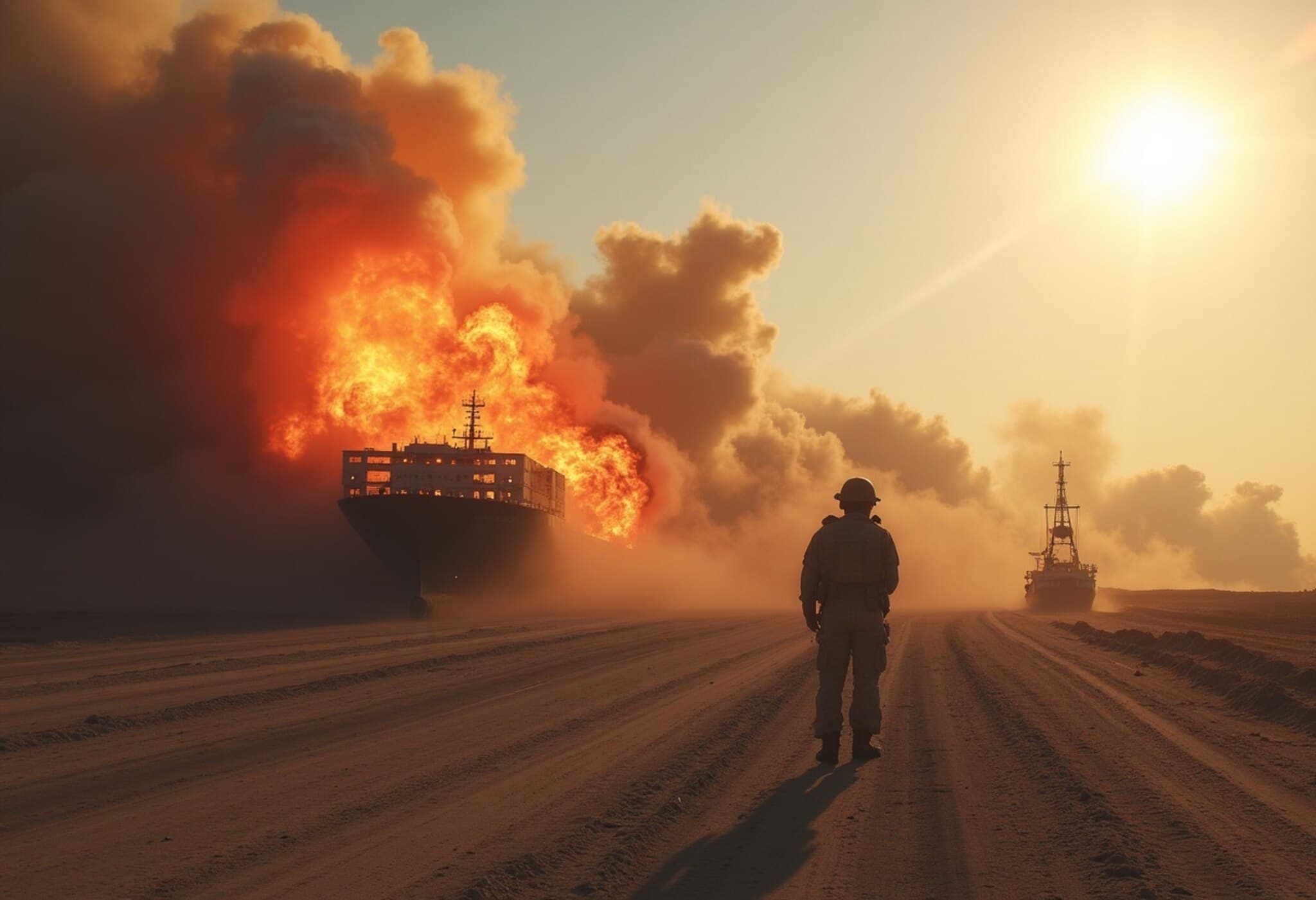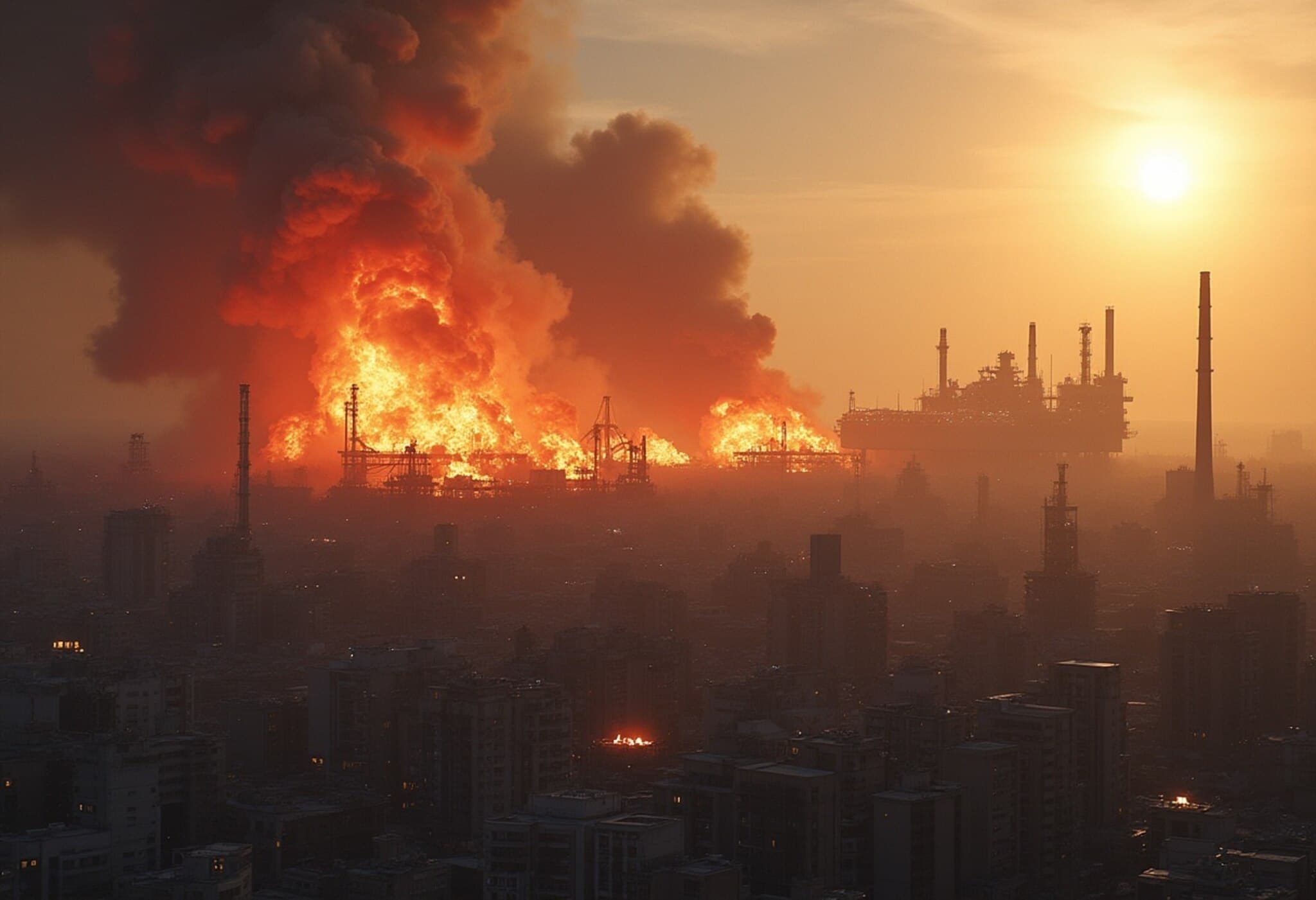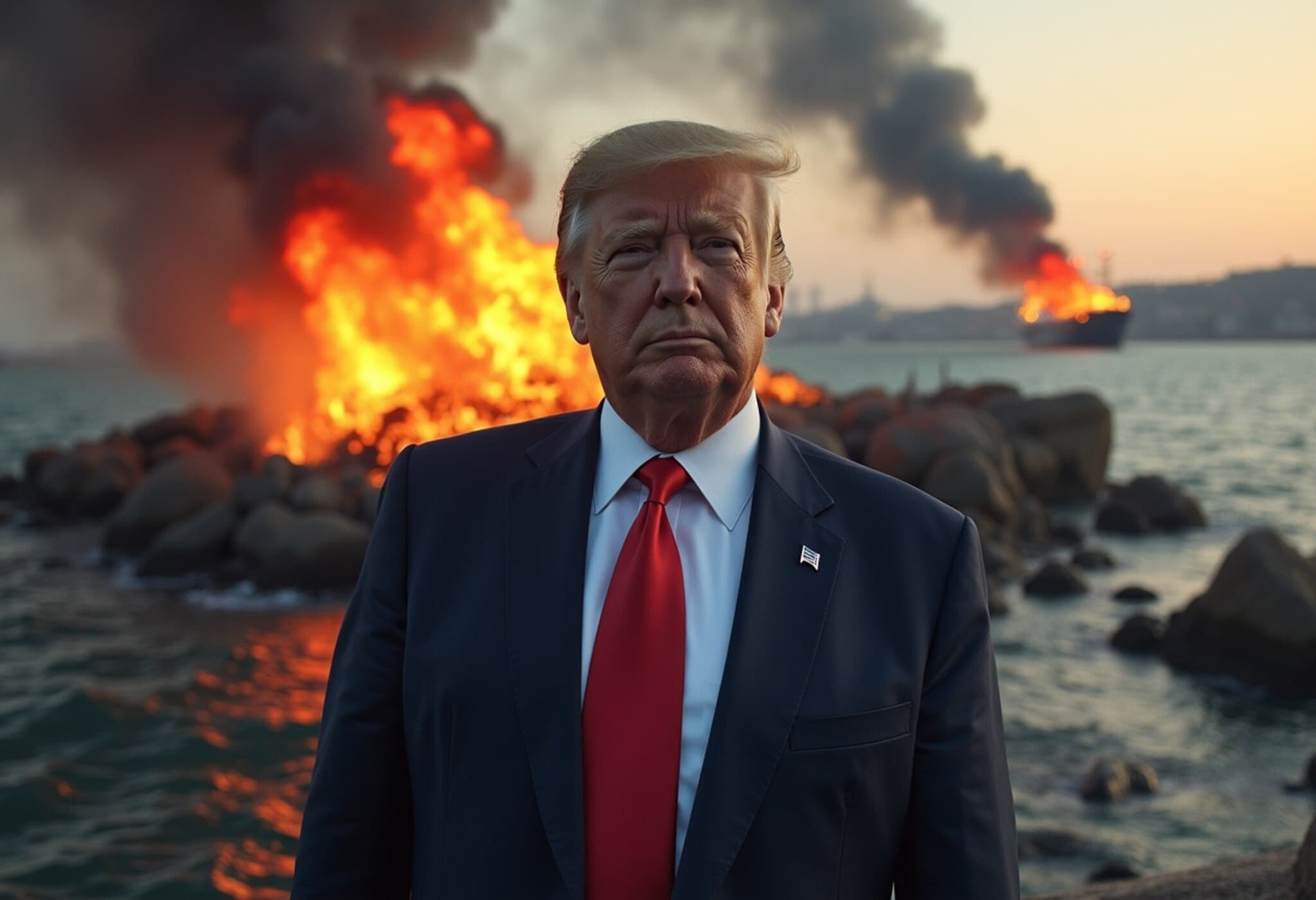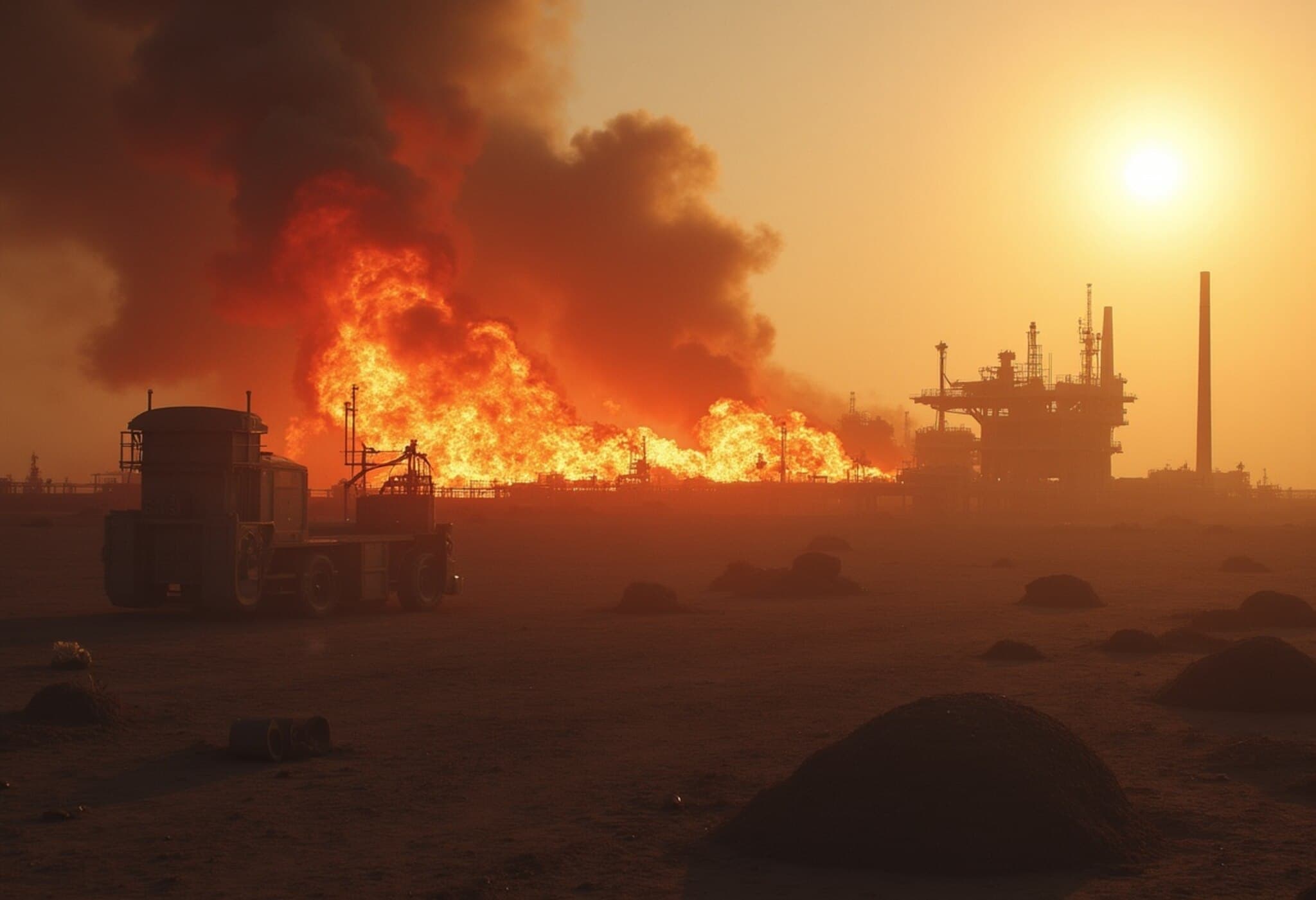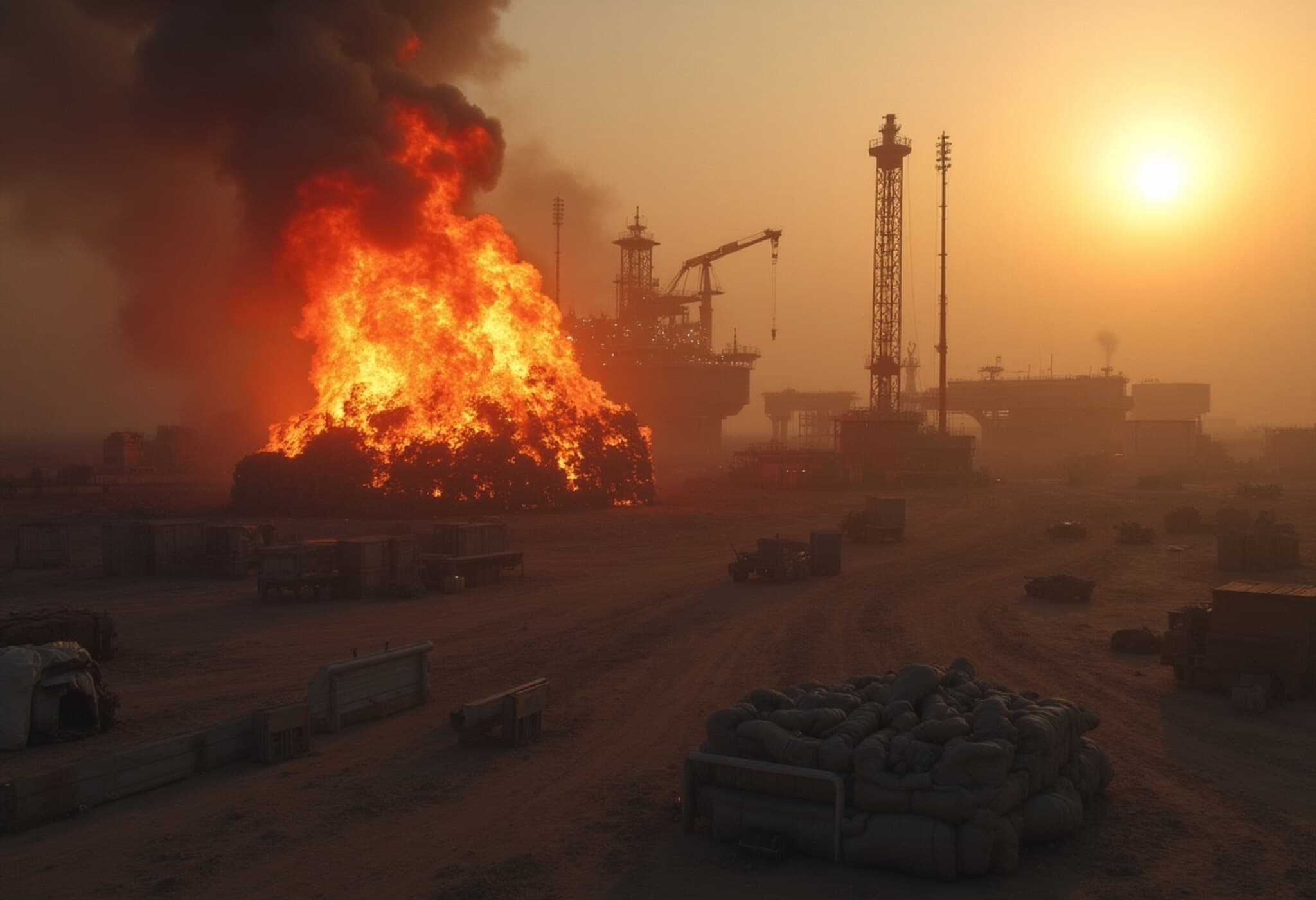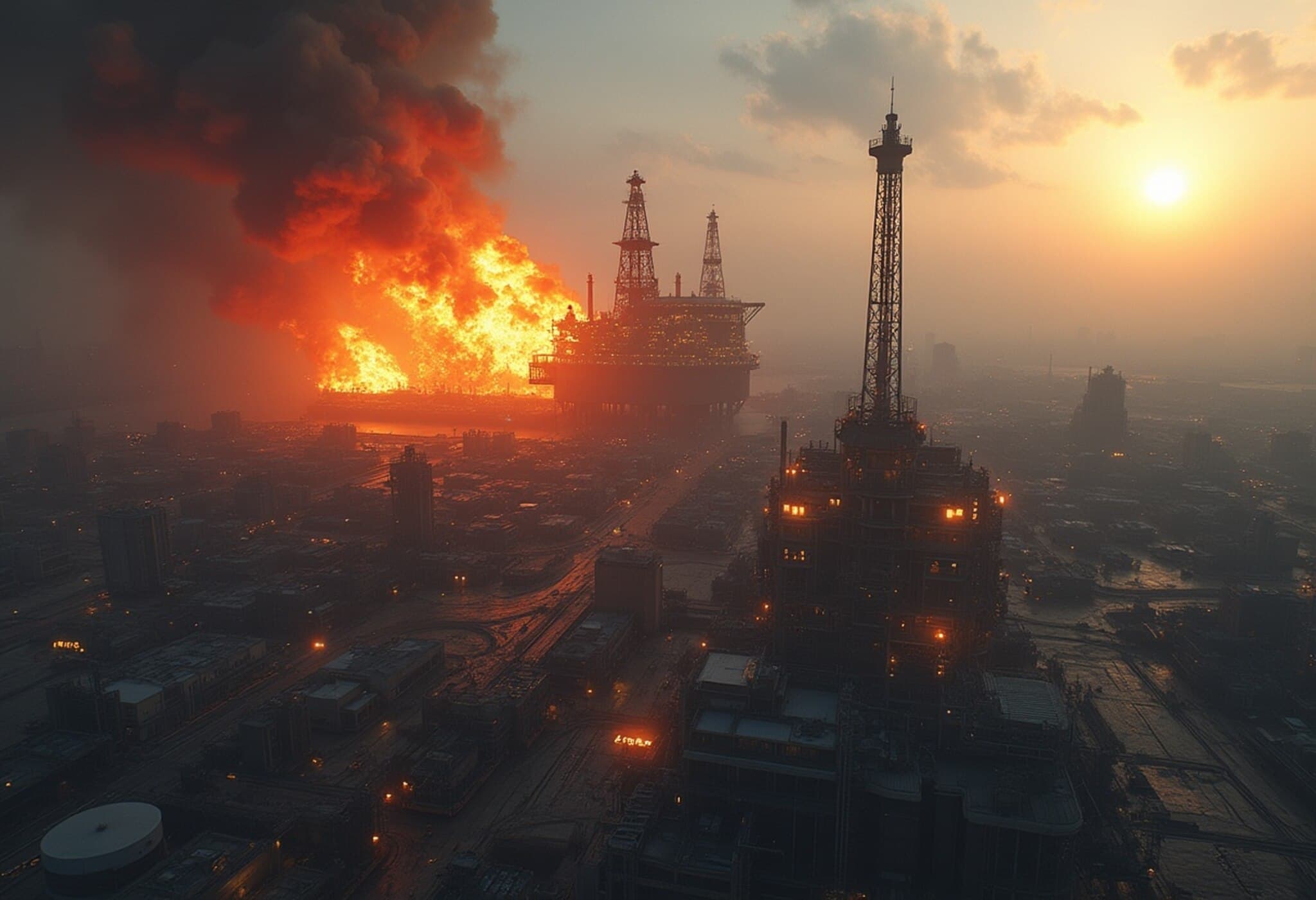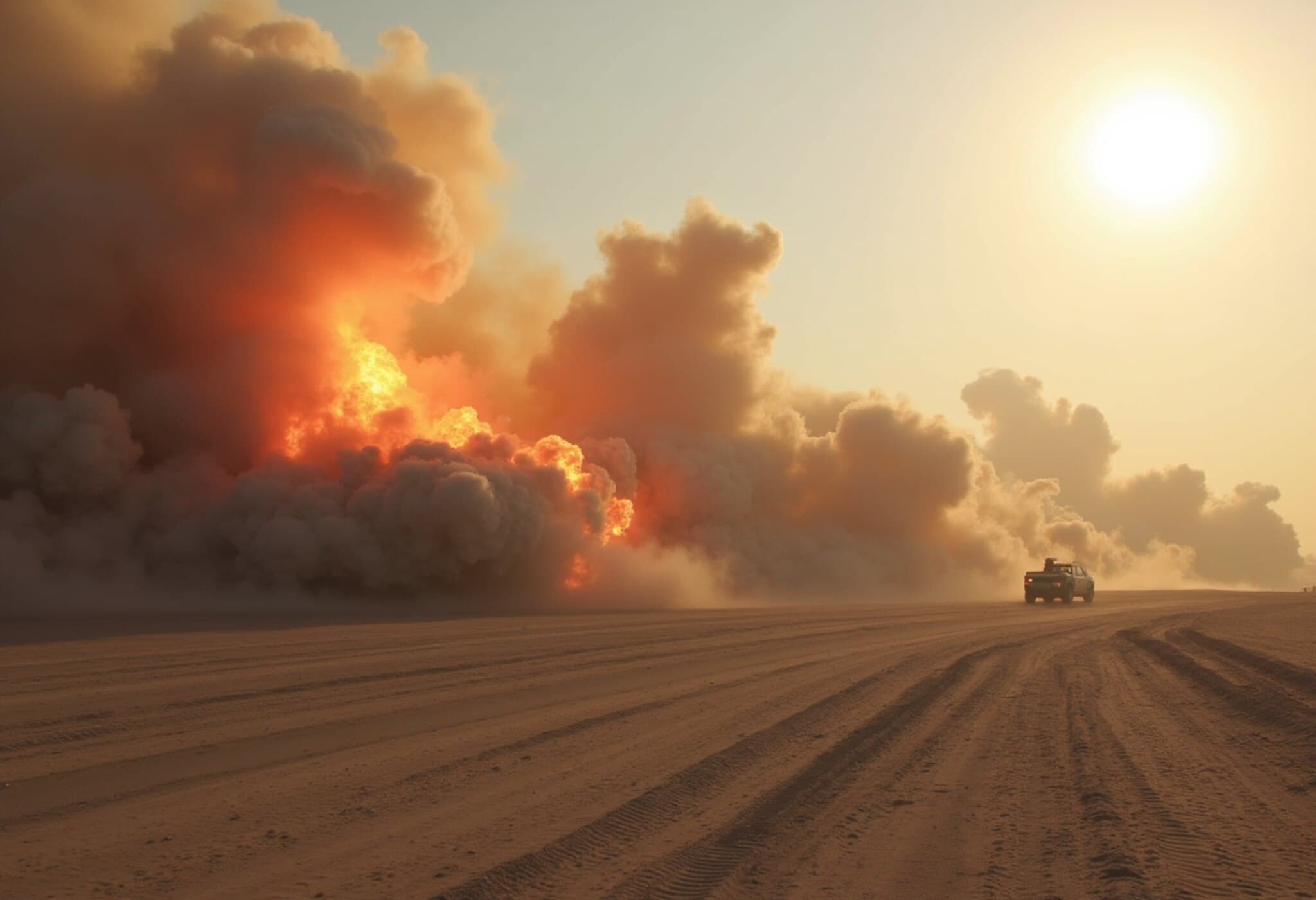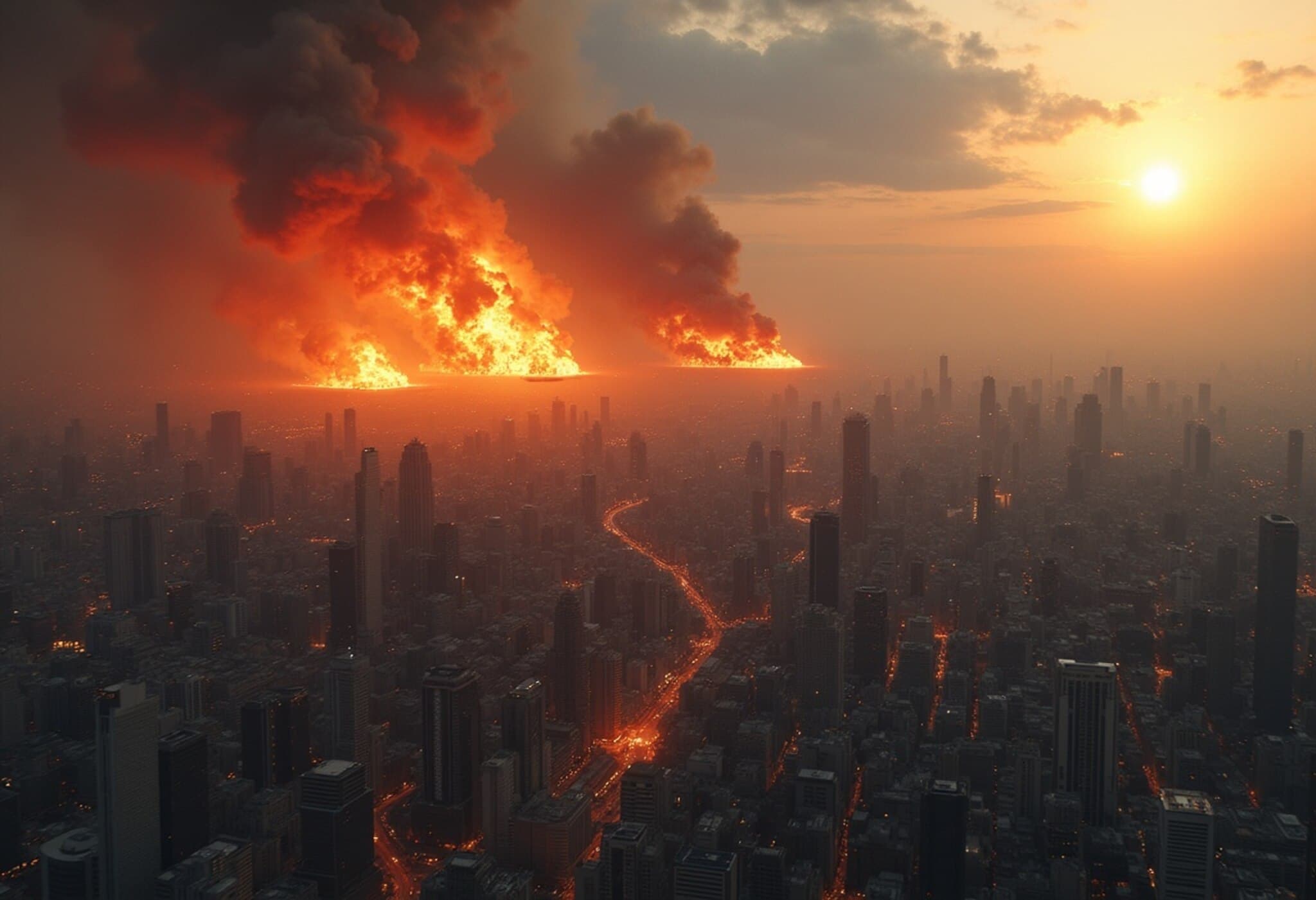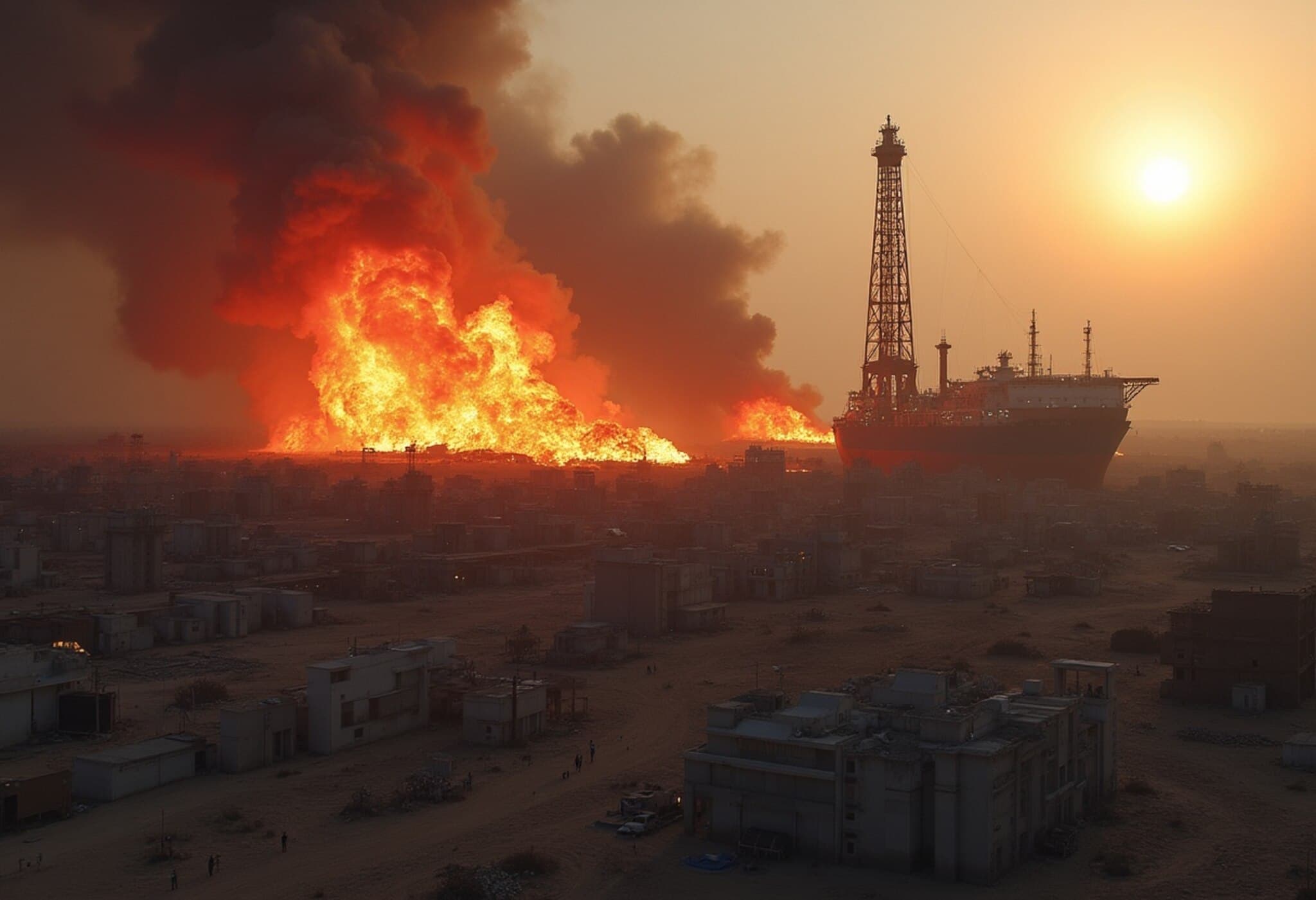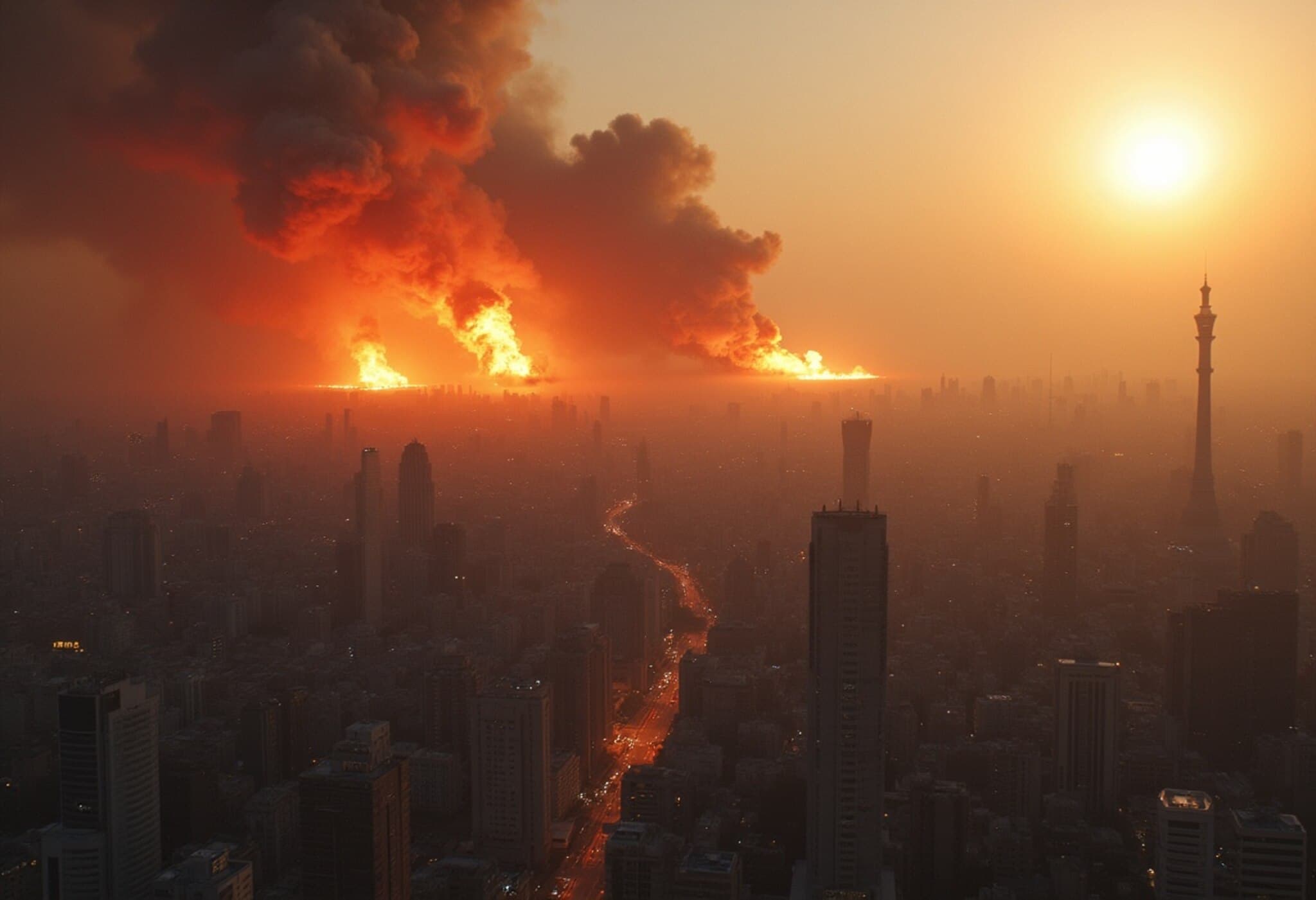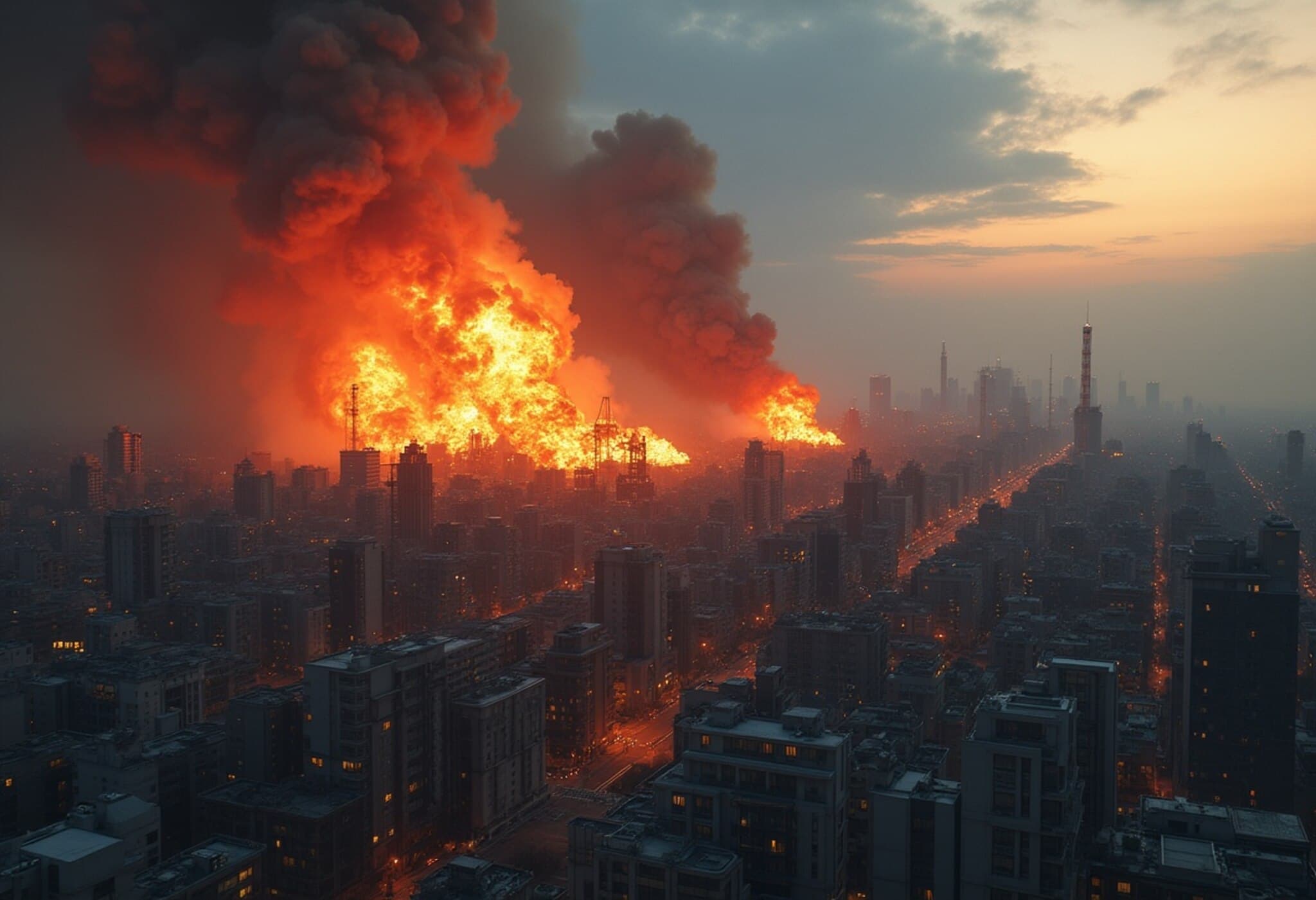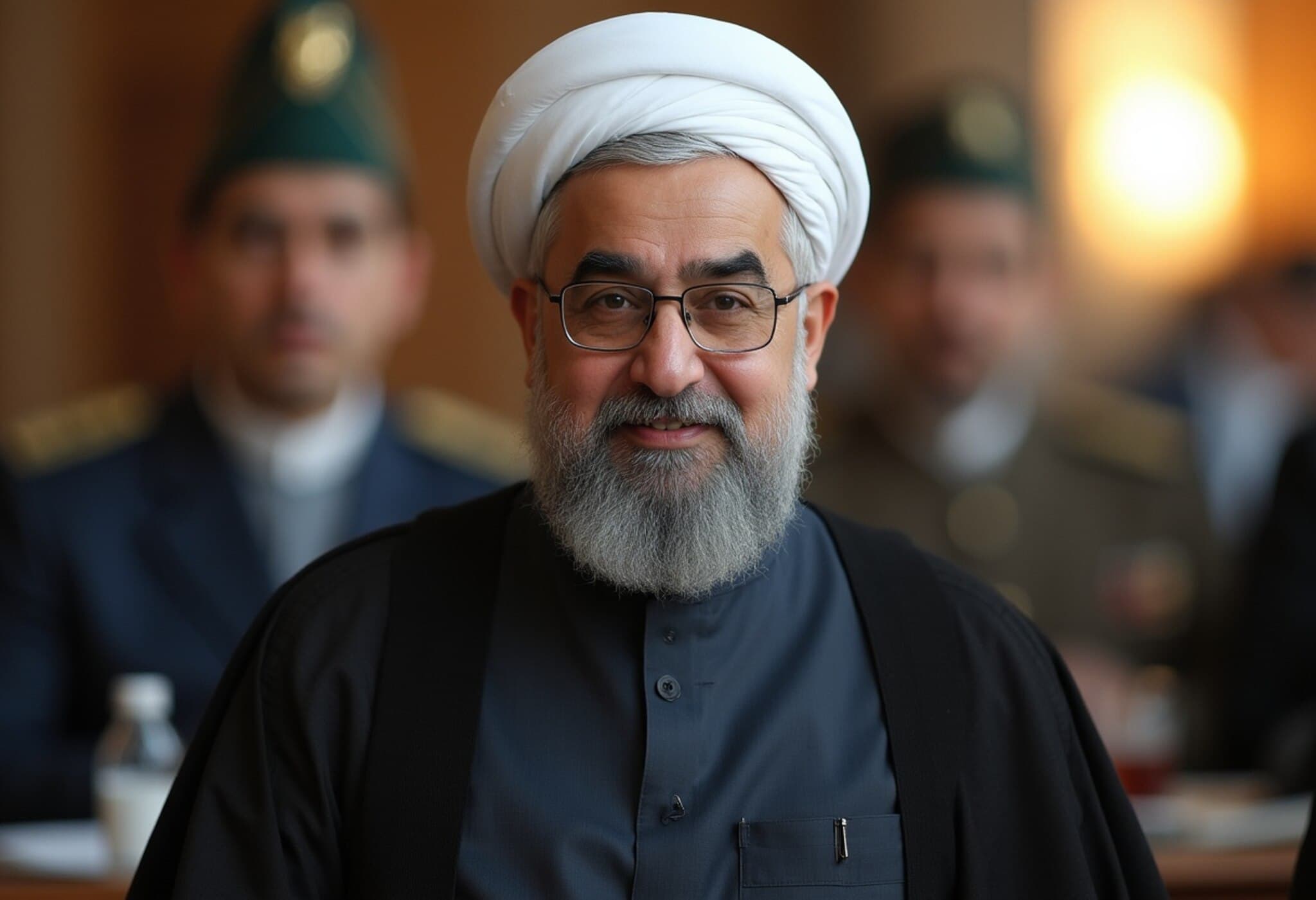Oil Prices Plunge Amid Rising Middle East Tensions
Oil prices saw a sharp decline of more than 6% on Monday following a missile strike by Iran on a US military base located in Qatar. This attack came as a direct response to US airstrikes targeting Iranian nuclear facilities over the weekend.
Market Reaction: Sharp Decline in Futures
By 18:15 GMT, West Texas Intermediate (WTI) futures had dropped 6.5% to $69.96 per barrel. Meanwhile, Brent crude futures fell 6.4% to $72.07 a barrel, marking the lowest prices seen in ten days. The swift downward movement reflects investor concerns over geopolitical instability but also a perceived limited immediate threat to oil supplies.
No Casualties Reported, Key Infrastructure Unaffected
A US defense official confirmed there were no American casualties from the missile strike. Analysts noted that the attack was distant from critical oil infrastructure, minimizing the risk of disruptions to global oil flows at this stage.
Measured Response and Diplomatic Hopes
Energy analyst John Kilduff described Iran’s missile attack as "somewhat measured," targeting military sites away from heavily populated areas. He suggested the strike served more as a symbolic gesture, allowing Tehran to save face after recent US actions.
“This appears to be a face-saving move by Iran. There is hope the diplomatic channel will be pursued to de-escalate tensions,” explained Kilduff.
Focus Remains on the Strait of Hormuz
The ongoing clash between Iran and Israel recently intensified concerns about the Strait of Hormuz—a strategic chokepoint for around one-fifth of the world’s seaborne oil trade. Historically, Iran has threatened to close the strait during periods of heightened conflict but has never acted on those threats.
Kilduff reassured that, for now, the current tensions are unlikely to result in immediate disruptions to oil shipments through the region, including the Strait of Hormuz.
Looking Ahead
While the missile strike has rattled markets momentarily, the broader implications depend on how both sides engage diplomatically in the coming days. Oil prices may continue to experience volatility amid this fragile geopolitical landscape.

